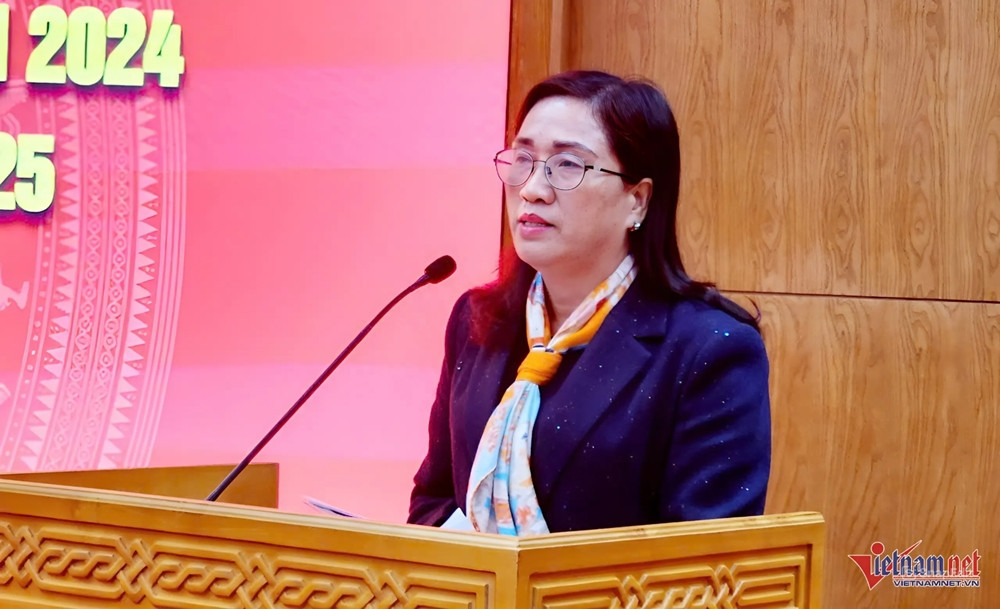Deputy Head of the Central Propaganda Department, Dinh Thi Mai, affirmed that Vietnam’s cultural and artistic sectors are achieving significant progress, signaling that the cultural industries are moving in the right direction.
Progress in cultural management and activities
On January 2, the Central Propaganda Department, Ministry of Culture, Sports, and Tourism, and the Vietnam Union of Literature and Arts Associations held a conference to review cultural and artistic achievements in 2024 and outline key tasks for 2025.
Tran Thi Phuong Lan, Head of the Culture and Arts Department at the Central Propaganda Department, highlighted positive developments in cultural management. Authorities have improved enforcement efforts, with inspections and investigations across fields like advertising, cinema, fine arts, photography, exhibitions, and performing arts yielding notable results.

Local governments and agencies have strengthened their oversight of cultural services to promptly address violations. Cooperation between the Central Propaganda Department, Ministry of Culture, Sports, and Tourism, Ministry of Information and Communications, Ministry of Public Security, and other entities has been effective in managing sensitive and complex issues.
Professional cultural and artistic activities have gained momentum. Major events, including international cultural exchanges, have been successfully organized. Regions across Vietnam have hosted community-oriented exhibitions, performances, and artistic competitions, particularly in ethnic minority and mountainous areas.
Creative spaces and artistic events have flourished nationwide, with many programs meeting international standards. This has fostered positive public engagement and advanced the growth of Vietnam’s cultural industries.
Despite these accomplishments, delegates at the conference noted challenges. Legal frameworks for areas like performing arts, literature, and fine arts remain incomplete. Policies for artists need updates to reflect contemporary demands. Moreover, efforts to curb the spread of culturally inappropriate content online have fallen short, with some material undermining traditional values.
Goals for 2025
In her address, Dinh Thi Mai emphasized the importance of enhancing public access to culture, particularly in remote and underserved areas.
She directed government agencies to focus on effective coordination and leadership in organizing cultural activities in 2025. These efforts should prioritize depth and quality, particularly for events commemorating the 95th anniversary of the Communist Party’s founding and preparations for the 14th Party Congress.
Mai stressed the need for investments in high-quality cultural programs aligned with major national celebrations. She also called for streamlining administrative structures and adhering strictly to central government regulations.
“Cultural industries are not just about creativity but also about ensuring that all social classes, especially in remote areas, can enjoy and benefit from these endeavors,” she said.
Tinh Le